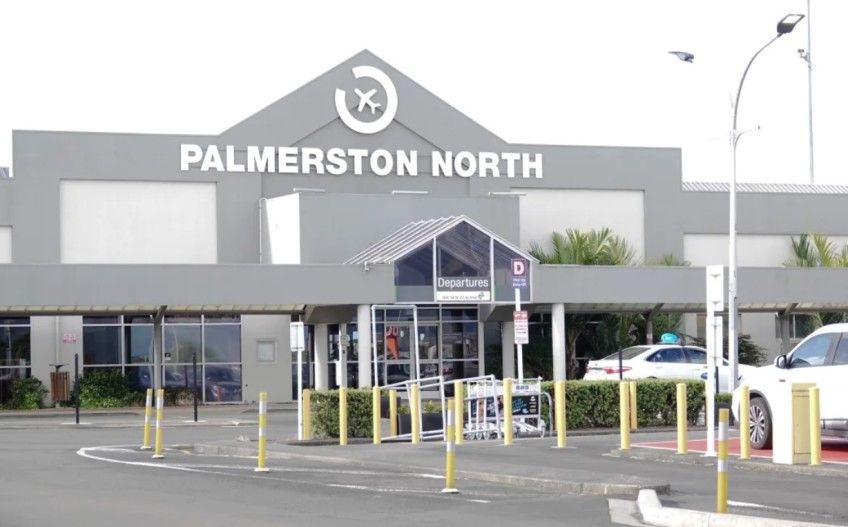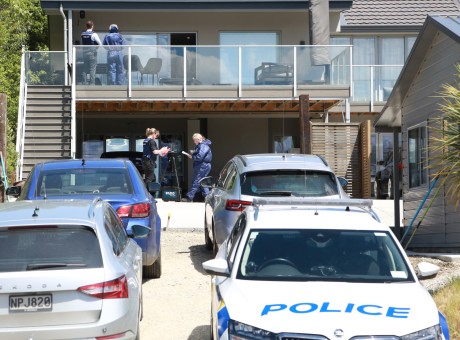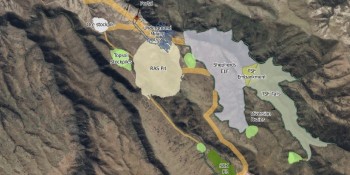Warning out-of-date law could penalise regional airports' ambitions

Photo: RNZ / Jimmy Ellingham
The Airports Association says an "out-of-date and no longer relevant" border agency funding scheme could penalise regional airports wanting to start or restart international flights.
It could do that by hitting them with "prohibitive" costs that do not apply to existing international airports.
The government opened up consultation this week with the aviation industry on finally implementing the 2014 Airports (Cost Recovery for Processing International Travellers) Act, which allows it to recover the costs of processing international travellers.
Before the pandemic, it was possible to fly from Dunedin, Hamilton, Palmerston North or Rotorua to Australia.
New Zealand Airports Association chief executive Billie Moore said such routes were a "key way to bring prosperity back to the regions".
"They deliver tourism and trade straight to regional centres, they obviously give opportunity to Kiwis to travel directly to Australia, and they can really help with some of the regional development goals the government has.
"It's really important we find ways to be as attractive as possible to airlines, to try and recover some of that reconnectivity we've lost over time."
The decision to give effect to the Airports Act, 10 years after it was passed, sent a "frustrating" signal to the aviation and tourism sectors, and to regional communities who would like direct flights to Australia available again, she said.
The legislation was "well past its use-by-date", she added.
"It was passed in 2014 when the Crown completely funded customs and biosecurity services. Back then, it made sense to consider how to cover new costs for international services at regional airports."
"We have a very different system now. Customs and biosecurity costs are covered entirely by
the industry through user-pays border levies. These are set at a national level to distribute
costs evenly across the network."
The ability of regional airports to attract international routes was important for New Zealand to have a competitive aviation market, she said.
"[However] implementing the Airports Act 2014 in a way that places the total cost of screening services on regional airports will mean no regional airport can start international services, reinforcing the incumbency of existing international airports and airlines. This cannot be the intended outcome of the Act. We welcome the fact that this is not the preferred option presented in the consultation."
Moore said that if the nationalised user-pays levy model does not carry over, it would effectively rule out any new international services to regional airports, and reduce competition.
"We need to make it easier, not harder, for regional airports to deliver these services."






















